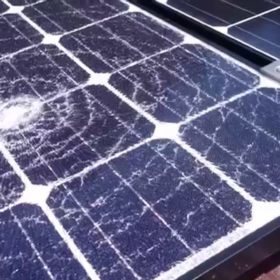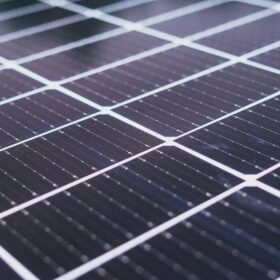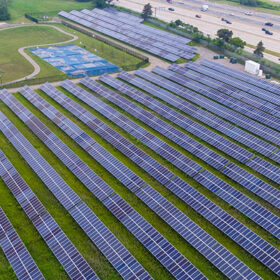Moscow, Maine, enacted a ban on commercial solar power farms. In a December 2023 vote, the town approved the “Solar Farm Ordinance,” which prohibits all solar power systems greater than 40 kW. The ordinance’s key section, shared with pv magazine USA by Town Hall officials, states:
Section 2. Purpose: The purpose of this Ordinance is to prohibit all commercial Solar Farms within the Town of Moscow.
- No commercial Solar Farms are allowed in the Town of Moscow.
- Residential Solar Systems of 40 kW or less are exempt from this ordinance.
- Residential Solar Systems existing prior to the date of this ordinance are grandfathered and exempt from this ordinance.
The ordinance does not specify whether existing commercial solar projects are grandfathered and exempt.
According to Jake Freudberg’s report in Maine’s Morning Sentinel, the vote had 16 in favor of the ban and four against. Freudberg spoke with First Selectman Donald Beane, a dissenting voter, who commented, “We had legal opinions from our lawyer and [the] Maine Municipal [Association] saying it wouldn’t hold up.”
Freudberg interviewed Dee Laweryson, who remarked, “They take up too much space,” and Joan Peterson, who called the farms an “eyesore” and raised questions like, “What’s going to leak into the ground?”
Nationwide, there is a growing trend of legislation that limits solar development. Research indicates that the siting of solar power is a key factor in public acceptance, with more restrictive zoning laws increasing across the nation. Generally, rooftop solar is highly regarded across various political ideologies.

However, it’s important to note that some opposition to solar energy is strongly influenced by political partisanship and funding from the fossil fuel industry. For example, a claim promoted by Susan Ralston’s group, ‘Citizens for Responsible Solar,’ suggests that heavy metals might leach from solar panels into the soil and potentially into water sources. This claim has been debunked as a falsehood.

According to the Solar Energy Industries Association (SEIA), by the end of 2022, Maine had installed 948 MW of solar capacity, contributing to 9.18% of its electricity generation from solar sources. SEIA projects a substantial growth in the state’s solar capacity, expecting it to more than double within the next five years with an additional 1.1 GW.
This content is protected by copyright and may not be reused. If you want to cooperate with us and would like to reuse some of our content, please contact: editors@pv-magazine.com.








Pay attention to the colors (SEIA).Utility,communal,commercial,and residential.Would this town prohibit a communal solar farm for those households not able to do rooftop solar.Would they prohibit a local church from a communal solar farm for its members on a brownfield?The green bar on that SEIA graph is communal.The yellow one is commercial.
Why???
Coal or oil plants are better??